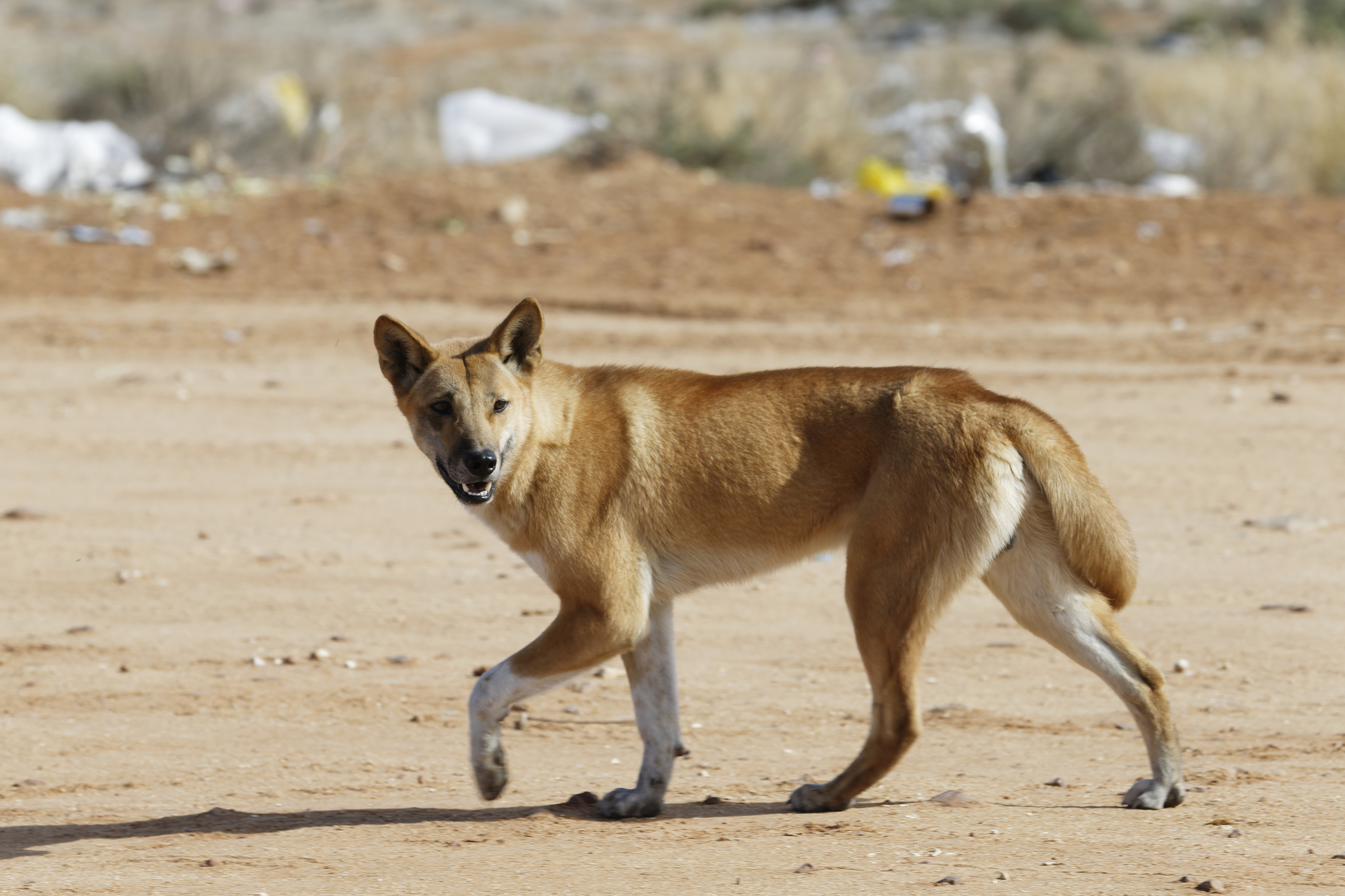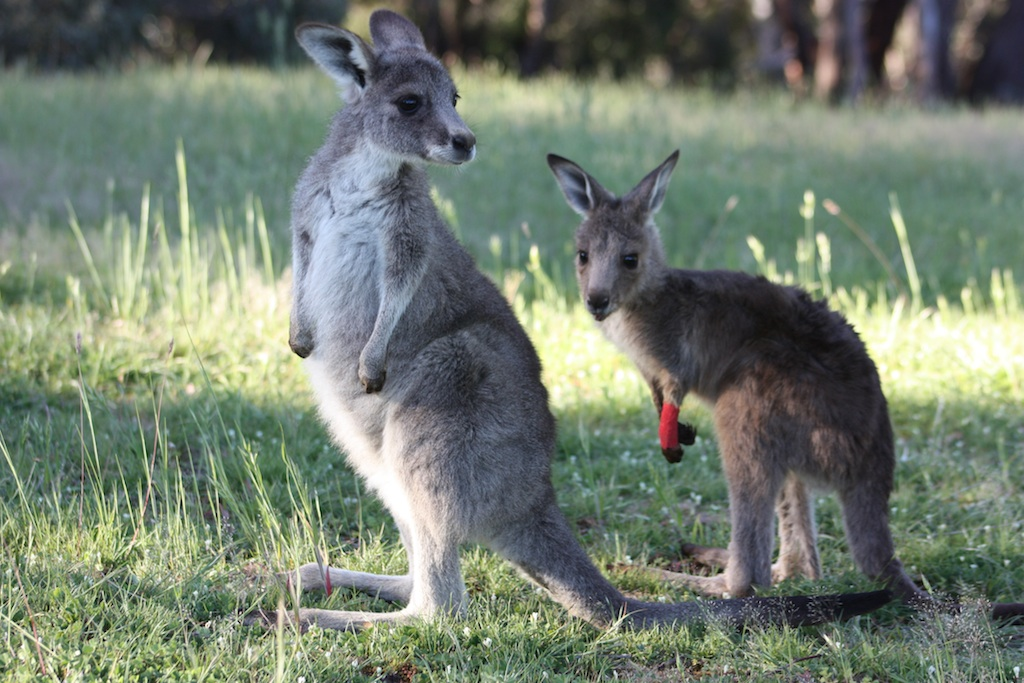Across Australia, dingoes are slowly being recognised for what they are: Australia's local apex predator with deep cultural significance and an important ecological role. Yet in many jurisdictions they continue to be subjected to widespread lethal control through baiting, trapping and shooting, due to policies that still classify them as pests or biosecurity threats. In 2023, Victoria ended...
Humane Society International (HSI) and Australian Marine Conservation Society (AMCS) welcome the announcement made by Queensland Department of Agriculture and Fisheries to introduce drone surveillance this weekend at Sunshine, Gold Coast and North Stradbroke Island beaches.
“This is a good step in the right direction,” said Lawrence Chlebeck, marine biologist with HSI. “We are pleased to see new technologies in operation on the beaches that can improve swimmer safety without adding to the cost to marine wildlife. Culling sharks does not protect swimmers, but there are ways to reduce the risk of shark bite, and a dedicated drone surveillance program is certainly one of them.”
Leader of the Opposition Deb Frecklington weighed in today calling for the Labor Government to finally implement necessary changes to the Shark Control Program, referencing a report by Cardno (Queensland Shark Control Program: Review of Alternative Approaches) commissioned by Queensland Fisheries with options to update the program and replace culling.
The report confirmed the suitability of using drones and SMART drumlines across the beach environments of Southern Queensland – and recent trials from NSW have seen considerable success.
Dr. Leonardo Guida, shark scientist at AMCS said, “We welcome the Queensland Government’s decision to improve beach safety by trialling drones. It’s a step in the right direction towards modernising beach safety that all parties must commit to from this day forth. However, at the end of the day, the shark nets and lethal drumlines must come out – they’re stone-age technologies that do nothing but threaten iconic wildlife like our humpback whales.”
“The Queensland Shark Control Program needs an urgent update. The current program has been using the same shark net and drumline technology to cull sharks since the 1960s. Shark culling was deemed unable to reduce the risk of shark bite during a court case in the Administrative Appeals Tribunal last year. Whereas, there is no doubt that nets and drumlines entangle migrating whales, and kill hundreds of marine animals every year including dolphins, turtles, and rays,” added Mr Chlebeck.
“Conservationists look forward to the Queensland Government upgrading the Shark Control Program to modern technologies and abandoning the outdated nets and traditional drumlines which are little more than a placebo for public safety while having a heavy toll on marine wildlife,” concluded Mr Chlebeck.
Images and footage of wildlife caught in nets and drumlines are available by request: lawrence@hsi.org.au


